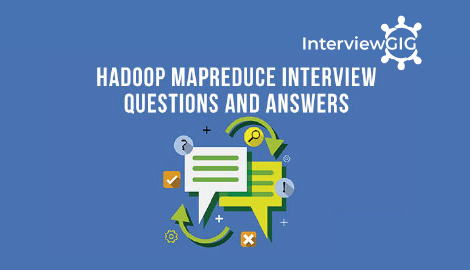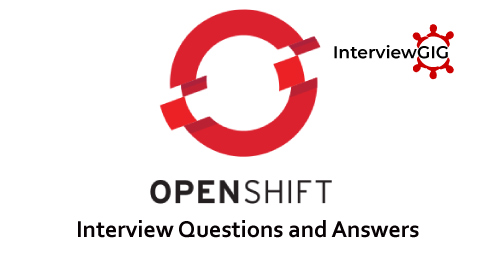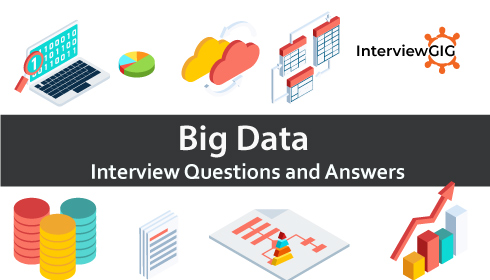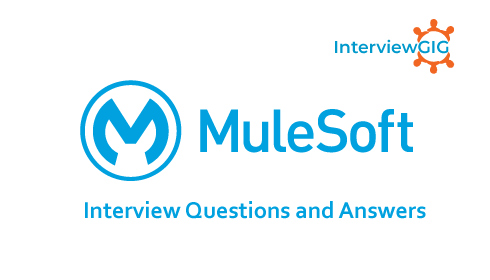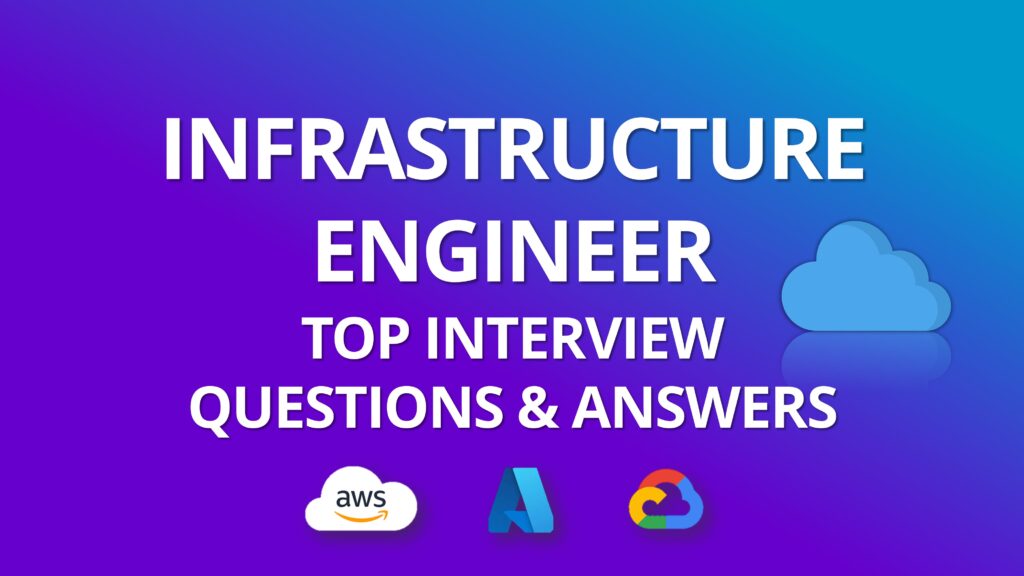Cloudera, Inc. is a United States-based software company that gives Apache Hadoop and Apache Spark-based software, support and services, and coaching to business customers.Cloudera’s hybrid open-source Apache Hadoop distribution, Cloudera Distribution Including Apache Hadoop(CDH), targets enterprise-class deployments of that technology. Cloudera says that more than 50% of its engineering output is donated upstream to the various Apache-licensed open source projects (Apache Hive, Apache HBase, Apache Avro, and so on) that combine to form the Apache Hadoop platform. Cloudera is also a sponsor of the Apache Software Foundation.
Cloudera is revolutionizing enterprise data management by giving the primary unified Platform for giant data. Cloudera, the leader in enterprise analytic data management powered by Apache Hadoop ™, nowadays declared that Concur, the leading supplier of pay management solutions and services within the world, has chosen Cloudera to a lot of effectively manage. Cloudera has declared that its long goal is to become an enterprise data hub, therefore diminishing the need of data warehouse.
What is Cloudera?
[dt_sc_button type=”type1″ link=”http://www.interviewgig.com/discussion-room/post-a-question/” size=”large” bgcolor=”#7ed640″ textcolor=”#ffffff” target=”_blank” timeline_button=”no”]Post a Question[/dt_sc_button]
It is Open Source Innovation. Cloudera’s performant and multi-faceted data stores build it straightforward to store and question large amounts of information. Cloudera extends open source Hadoop with capabilities needed by the biggest enterprises Cloudera was the primary commercial supplier of Hadoop-related software and services and has the foremost customers with enterprise needs, and also the most expertise supporting them, within the business. Meet compliance requirements and reduce risk exposure from storing sensitive data. Cloudera’s combined giving of differentiated software (open and closed source), support, training, skilled services, and indemnity brings customers the best business value, within the shortest quantity of your time, at the lowest TCO.
Why Cloudera?
An enterprise data hub may be a big data management model that uses a Hadoop platform because the central data repository. The goal of an enterprise data hub is to supply a company with a centralized, unified data source which will quickly offer numerous business users with the data they have to try and do their jobs.
What is Enterprise Data Hub?
Why Cloudera is the Leader in Spark Support?
Cloudera offers software, services and support in five bundles available both on-premise and across multiple cloud providers: Cloudera Enterprise Data Hub: Cloudera’s comprehensive data management platform including all of Data Science & Engineering, Analytic DB, Operational DB, and Cloudera Essentials. Cloudera Operational DB: Cloudera’s high-scale NoSQL technologies for real-time, data applications built on the core Cloudera Essentials platform. Cloudera Analytic DB: Cloudera’s technologies that enable fast, flexible, and scalable Business Intelligence (BI) and SQL analytics built on the core Cloudera Essentials platform. Cloudera Data Science and Engineering: Cloudera’s technologies that enable efficient, high-scale data processing, data science, and machine learning on top of the Core Essentials platform. Cloudera Essentials: Cloudera’s core data management platform for fast, easy, and secure large-scale data processing that includes Cloudera’s enterprise-ready management capabilities (Cloudera Manager) and open source platform distribution (CDH).
What are the services Cloudera providing?
Cloudera provides the following products and tools: CDH: The Cloudera distribution of Apache Hadoop and different connected open-source projects, as well as Apache impala and Cloudera Search. CDH additionally provides security and integration with various hardware and software system solutions. Apache Impala: A massively multiprocessing SQL engine for interactive analytics and business intelligence. It’s extremely optimized design makes it ideally suited to ancient BI-style queries with joins, aggregations, and subqueries. It will question Hadoop data files from a range of sources, as well as those created by MapReduce jobs or loaded into Hive tables. The YARN resource management element lets impala be on clusters running batch workloads at the same time with impala SQL queries. you’ll be able to manage impala aboard different Hadoop elements through the Cloudera Manager user interface and secure its data through the sentry authorization framework. Cloudera Search: It Provides near real-time access to data stored in or ingested into Hadoop and HBase. Search provides near real-time indexing, batch indexing, full-text exploration and navigated drill-down, as well as a simple, full-text interface that requires no SQL or programming skills. Fully integrated in the data-processing platform, Search uses the flexible, scalable, and robust storage system included with CDH. This eliminates the need to move large data sets across infrastructures to perform business tasks. Cloudera Manager: A sophisticated application used to deploy, manage, monitor, and diagnose issues with your CDH deployments. Cloudera Manager provides the Admin Console, a web-based user interface that makes administration of your enterprise data simple and straightforward. It also includes the Cloudera Manager API, which you can use to obtain cluster health information and metrics, as well as configure Cloudera Manager. Cloudera Navigator: An end-to-end information management and security tool for the CDH platform. Cloudera Navigator allows directors, data managers, and analysts to explore the massive amounts of data in Hadoop and simplifies the storage and management of encoding keys. The strong auditing, data management, lineage management, lifecycle management, and encoding key management in Cloudera Navigator permit enterprises to stick to stringent compliance and restrictive needs. This introductory guide provides a general overview of CDH, Cloudera Manager, and Cloudera Navigator. This guide also includes frequently asked questions about Cloudera products and describes how to get support, report issues, and receive information about updates and new releases.
What are the products and tools of Cloudera providing?
Cloudera Distribution Including Apache Hadoop(CDH) is the most complete, tested, and popular distribution of Apache Hadoop and related projects. CDH delivers the core components of Hadoop – scalable storage and distributed computing – alongside a Web-based programmed and very important enterprise capabilities. CDH is Apache-licensed open source and is that the solely Hadoop answer to supply unified batch processing, interactive SQL and interactive search, and role-based access controls. CDH provides: Flexibility: Store any type of data and manipulate it with a variety of different computation frameworks including batch processing, interactive SQL, free text search, machine learning and statistical computation. Security: Process and control sensitive data. Scalability: Enable a broad range of applications and scale and extend them to suit your requirements. Integration: Get up and running quickly on a complete Hadoop platform that works with a broad range of hardware and software solutions. High availability: Perform mission-critical business tasks with confidence. Compatibility: Leverage your existing IT infrastructure and investment.
Can you explain CDH (Cloudera Distribution Including Apache Hadoop)?
Cloudera Search provides close to real-time (NRT) access to data keep in or ingested into Hadoop and HBase. Search provides close to real-time classification, batch indexing, full-text exploration and navigated drill-down, also as a straightforward, full-text interface that needs no SQL or programming skills. Search is fully integrated in the data-processing platform and uses the flexible, scalable, and robust storage system included with CDH. This eliminates the need to move large data sets across infrastructures to perform business tasks. Cloudera Search incorporates Apache Solr, which includes Apache Lucene, SolrCloud, Apache Tika, and Solr Cell. Cloudera Search is included with CDH 5. Cloudera Search Features:
Can you explain Cloudera Search?
Cloudera Manager is associate end-to-end application for managing CDH clusters. Cloudera Manager sets the quality for enterprise deployment by delivering granular visibility into and management over each a part of the CDH cluster—empowering operators to enhance performance, enhance quality of service, increase compliance and cut back administrative prices. With Cloudera Manager, you’ll be able to simply deploy and centrally operate the entire CDH stack and different managed services. the appliance automates the installation method, reducing deployment time from weeks to minutes; offers you a cluster-wide, real-time view of hosts and services running; provides one, central console to enact configuration changes across your cluster; and incorporates a full vary of reporting and diagnostic tools to assist you optimize performance and utilization. This primer introduces the essential ideas, structure, and functions of Cloudera Manager.
Can you explain Cloudera Manager?
The Cloudera Manager API provides configuration and service lifecycle management, service health info and metrics, and permits you to set up Cloudera Manager itself. The API is served on identical host and port because the Cloudera Manager Admin Console and doesn’t need further an additional method or extra configuration. The API supports http Basic Authentication, acceptive identical users and credentials because the Cloudera Manager Admin Console.
Can you explain Cloudera Manager API?
Cloudera Navigator is a fully integrated data-management and security system for the Hadoop platform. Cloudera Navigator enables you to work effectively with data at scale and helps various stakeholders answer the following questions: Compliance groups
Can you explain Cloudera Navigator?
Data management provides visibility into and management over the data residing in Hadoop datastores and therefore the computations performed on it data. The Cloudera Navigator options that address the data management desires of Hadoop administrators, data stewards, and data scientists are: Auditing data access and supportive access privileges: The goal of auditing is to capture a whole and changeless record of all activity within a system. Cloudera Navigator auditing options add secured, real-time audit elements to key data and access frameworks. Cloudera Navigator permits compliance teams to configure, collect, and look at audit events, and to know who accessed what data and the way. Searching metadata and visualizing lineage: Cloudera Navigator metadata management features allow DBAs, data stewards, business analysts, and data scientists to define, search for, amend the properties of, and tag data entities and view relationships between datasets. Policies: Cloudera Navigator policy features enable data stewards to specify automated actions based on data access or on a schedule to add metadata, create alerts, and move or purge data. Analytics: Cloudera Navigator analytics features enable Hadoop administrators to examine data usage patterns and create policies based on those patterns.
Can you explain Cloudera Data Management?
Data encryption and key management give a important layer of protection against potential threats by malicious actors on the network or within the data center. it’s conjointly a demand for meeting key compliance initiatives and making certain the integrity of your enterprise data. the subsequent Cloudera Navigator elements enable compliance groups to manage encryption: Cloudera Navigator Encrypt transparently encrypts and secures data at rest without requiring changes to your applications and ensures there is minimal performance lag in the encryption or decryption process. Cloudera Navigator Key Trustee Server is an enterprise-grade virtual safe-deposit box that stores and manages cryptographic keys and other security artifacts. Cloudera Navigator Key HSM allows Cloudera Navigator Key Trustee Server to seamlessly integrate with a hardware security module (HSM).
Can you explain Cloudera Data Encryption?
Hadoop has evolved into a stable, scalable, versatile core for next-generation knowledge management — yet on its own, it lacks some crucial capabilities once deployed because the center of an enterprise data hub. as an instance, it lacks a comprehensive security model across the whole ecosystem of projects. Hadoop was additionally designed for batch-mode data processing workloads, that limits it to an appurtenant position within the data center. (Rather, a central enterprise data hub should have real-time capability.) And Hadoop doesn’t support the range of industry-standard interfaces for query and search applications, among others, that business users need. (Source: Cloudera)
What is Hadoop role in an enterprise data hub?
